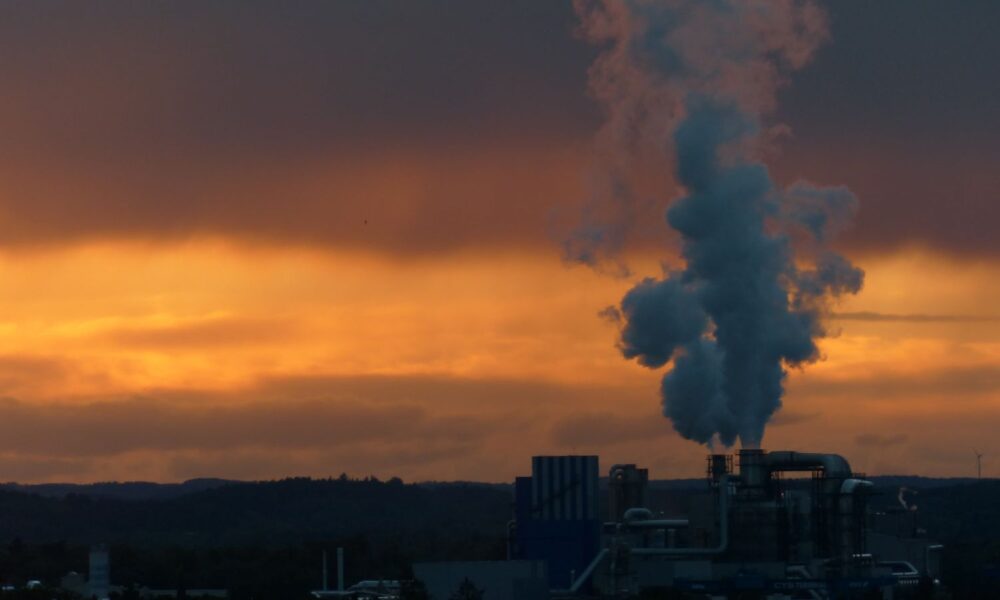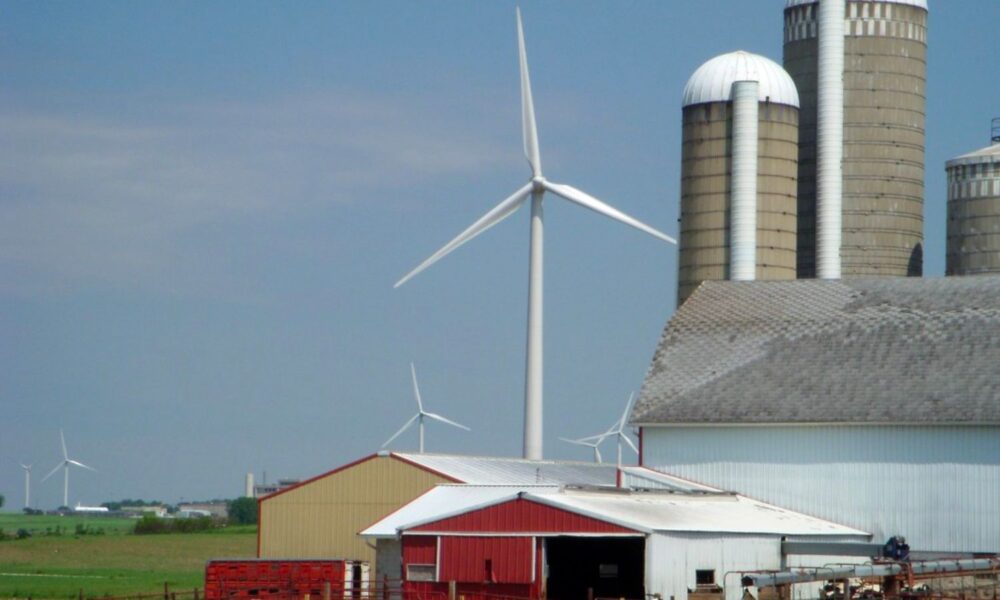 Pickpic.com
Pickpic.com
Steve Clemmer
As director of energy research for the Union of Concerned Scientists’ Climate and Energy program, Steve Clemmer conducts research on the economic and environmental benefits of implementing renewable energy technologies and policies at the state and national levels.
 Pickpic.com
Pickpic.com
 Nicholas Doherty/Unsplash
Nicholas Doherty/Unsplash
 Ruth Baranowski/NREL
Ruth Baranowski/NREL
 American Public Power Association/Unsplash
American Public Power Association/Unsplash
 U.S. Air Force photo by Roland Balik
U.S. Air Force photo by Roland Balik
 Photo: stgermh/CC BY-NC-SA 2.0
Photo: stgermh/CC BY-NC-SA 2.0
 Photo: Omari Spears/UCS
Photo: Omari Spears/UCS
 Nuclear Regulatory Commission
Nuclear Regulatory Commission
 Nuclear Regulatory Commission
Nuclear Regulatory Commission
 Photo: Source: Nuclear Regulatory Commission/Flickr
Photo: Source: Nuclear Regulatory Commission/Flickr

 Photo: Michael Vadon/Wikimedia
Photo: Michael Vadon/Wikimedia
 Photo: UCS
Photo: UCS

 ReVision Energy
ReVision Energy

 Photo: tlindenbaum/Flickr
Photo: tlindenbaum/Flickr






